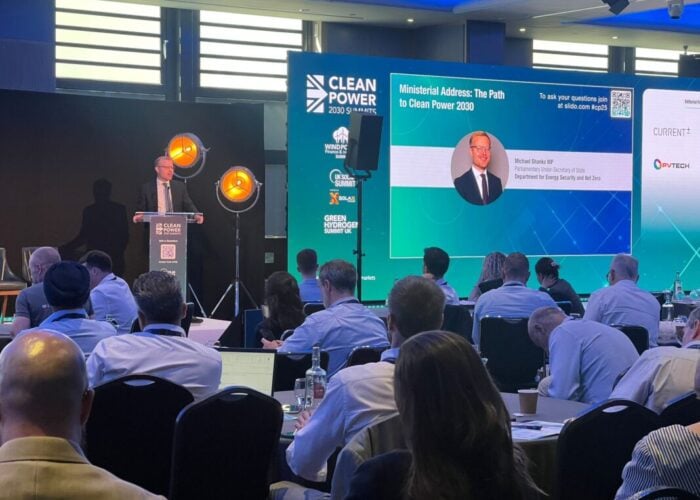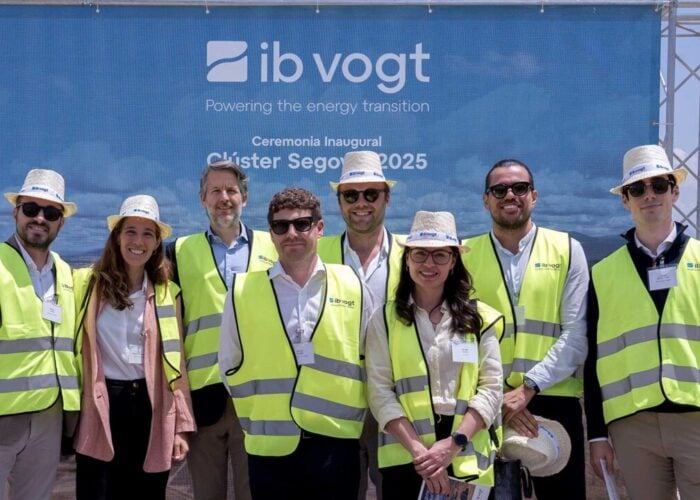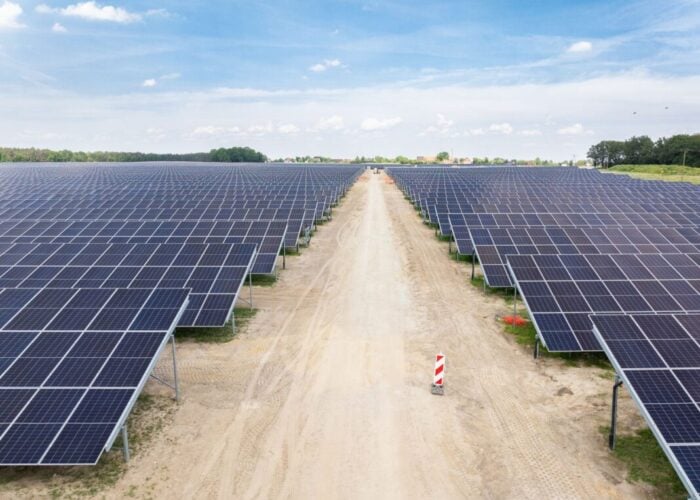Additional funding has been released for residential solar under the San Diego California Solar Initiative (CSI) programme.
The California Public Utilities Commission (CPUC) has agreed to shift US$5 million from San Diego’s CSI budget previously earmarked for non-residential PV to homeowners.
Unlock unlimited access for 12 whole months of distinctive global analysis
Photovoltaics International is now included.
- Regular insight and analysis of the industry’s biggest developments
- In-depth interviews with the industry’s leading figures
- Unlimited digital access to the PV Tech Power journal catalogue
- Unlimited digital access to the Photovoltaics International journal catalogue
- Access to more than 1,000 technical papers
- Discounts on Solar Media’s portfolio of events, in-person and virtual
The move follows months of petitioning of CPUC in favour of the move by the California Center for Sustainable Energy (CCSE).
The US$5 million set to freed up for residential systems is expected amounting to a potential 25MW of installed capacity. Meanwhile around 25MW of non-residential PV will be developed from the remaining budget at a cost of around US$13 million.
CCSE began taking new applications for residential PV systems at the beginning of this week.
The move alters the scope of San Diego’s CSI programme, which had originally allocated two-thirds of its budget of US$202 million to non-residential solar power generation, with a corresponding target of 180MW installed capacity.
The CSI programme was conceived in 2006 and launched the following year, with CCSE selected by CPUC to run the programme for San Diego, making it the only CSI programme in the state of California not run by a utility company.
CCSE reached the target set for residential PV installations in January 2013, four years ahead of the scheduled 10-year period. The organisation has been involved in the implementation of approximately 75MW capacity since the start of the CSI, across around 15,000 residences. The cost of residential solar systems has almost halved since the CSI began, falling by 45%.
In addition to the recent passage of the amended Assembly Bill 327 (AB327) to protect net metering, the latest move to clear funding for residential “will help ensure continued growth for the state’s thriving solar market”, said CCSE executive director Len Hering.
The new move means that around half of the targeted amount still remaining will come from residential solar power plants. CCSE was forced to halt rebates to homeowners seeking to join the CSI earlier this year with applicants forced to wait for programme members to drop out.







